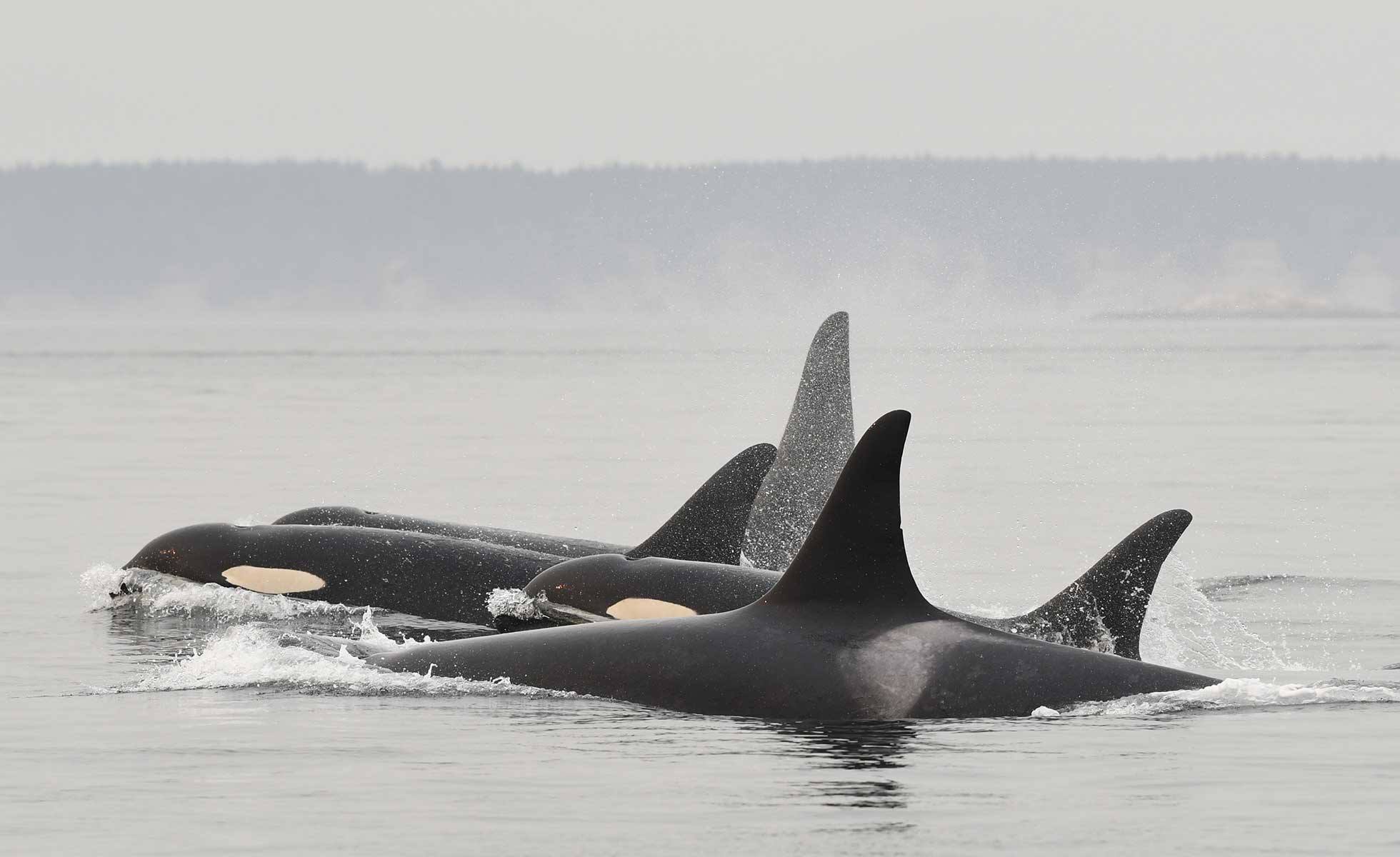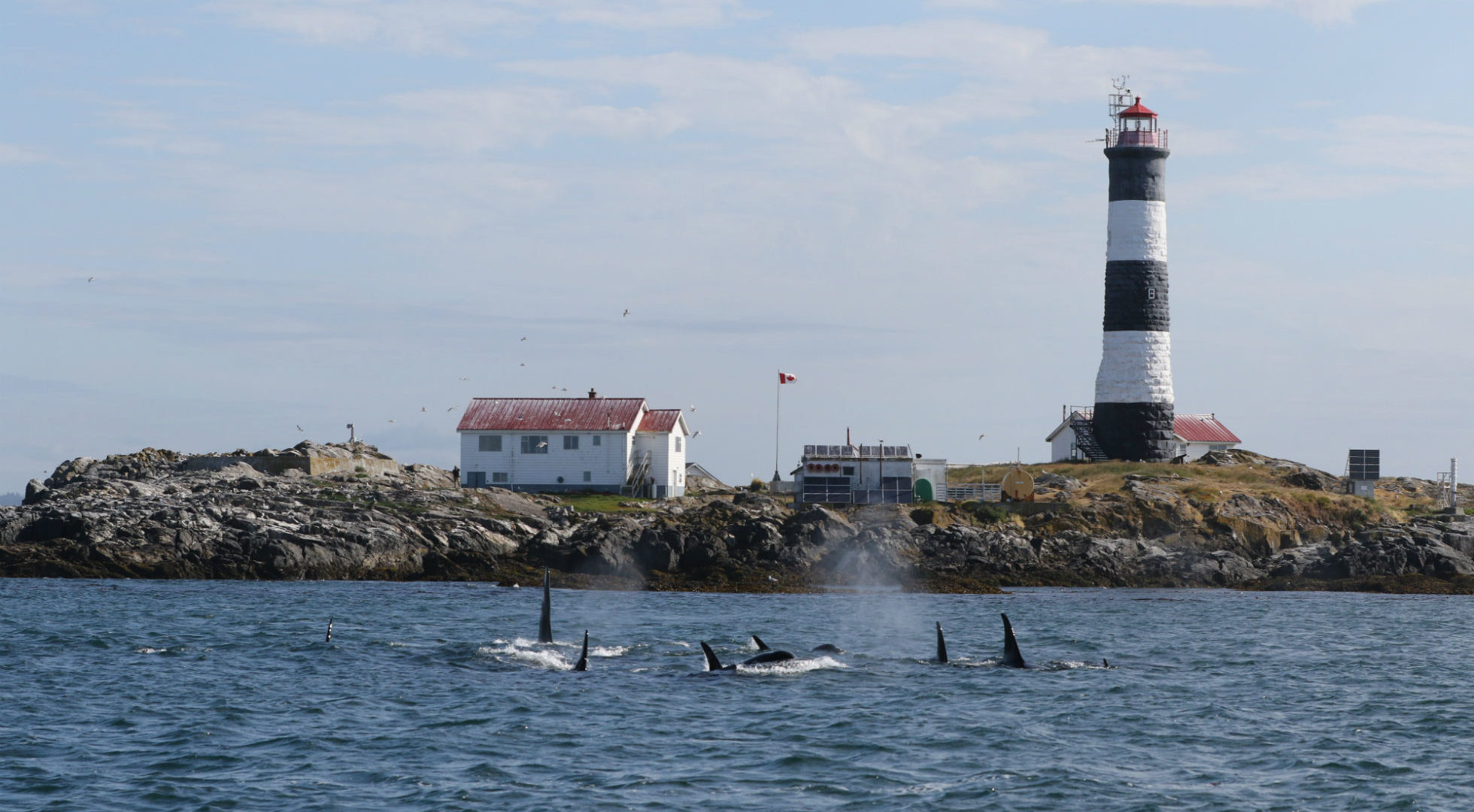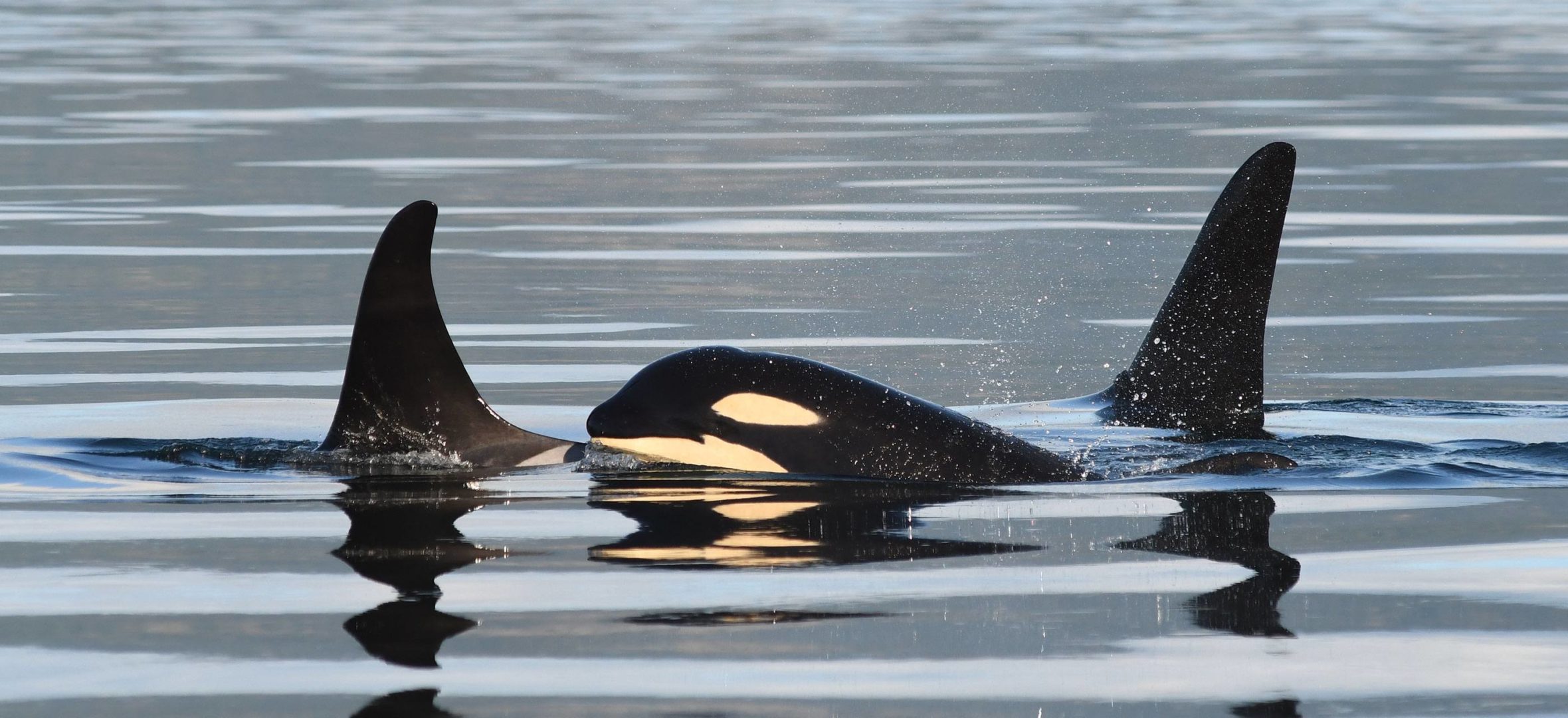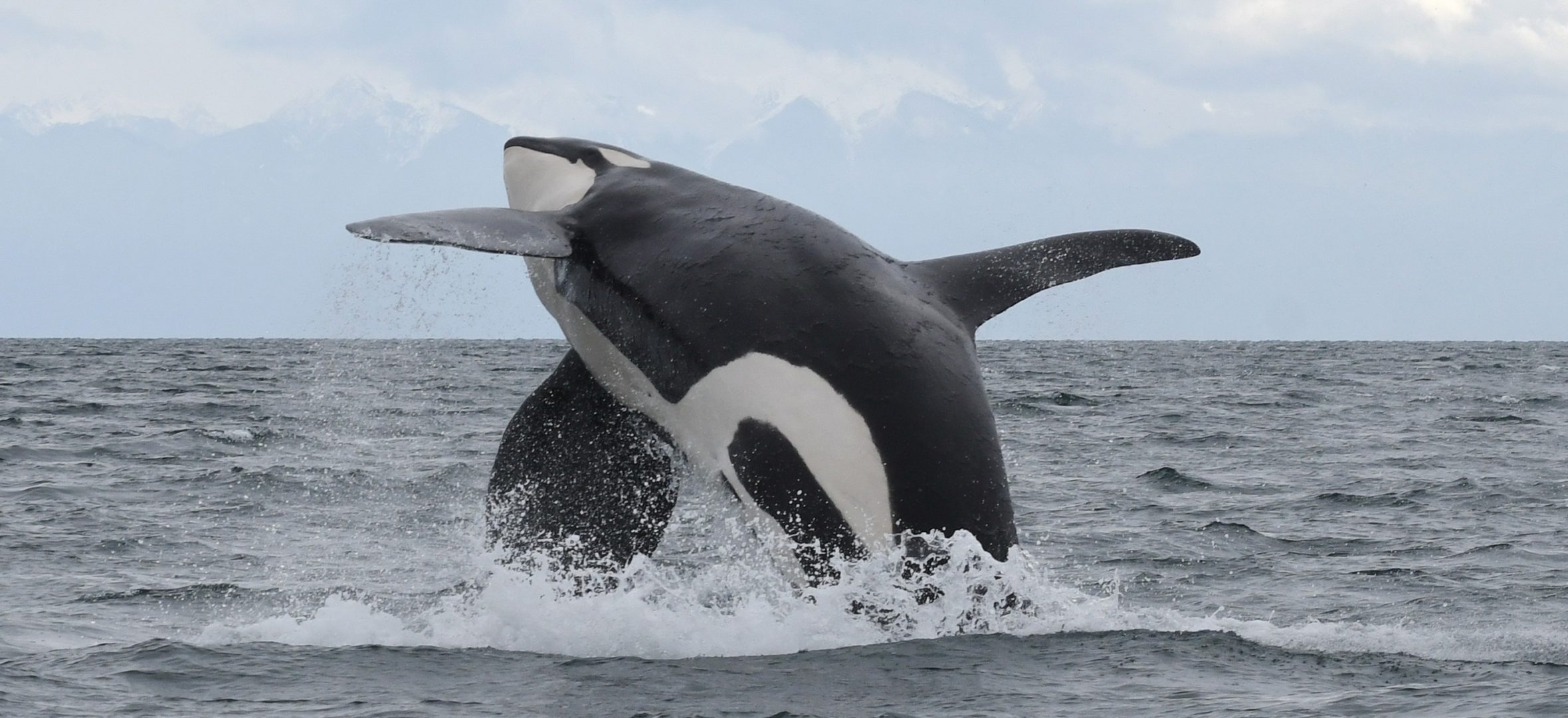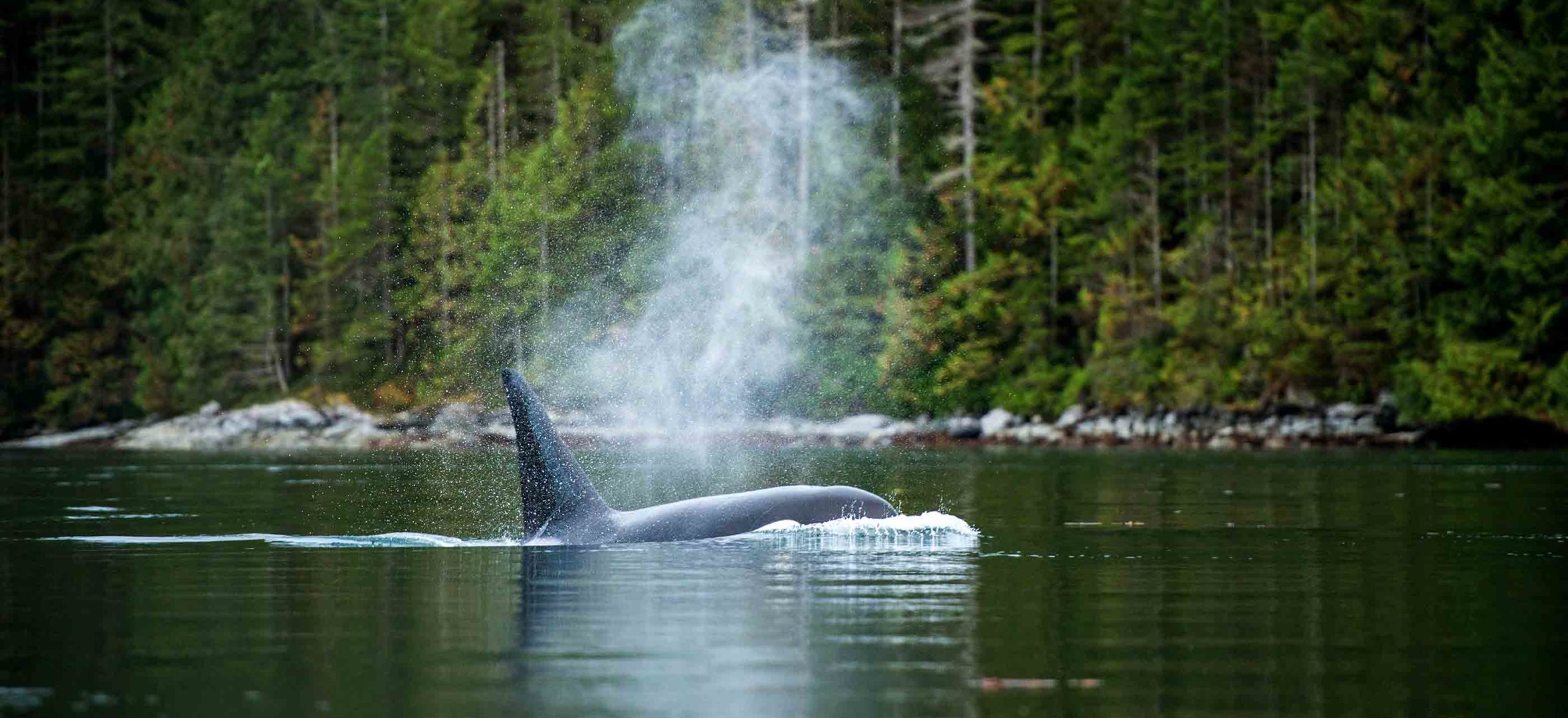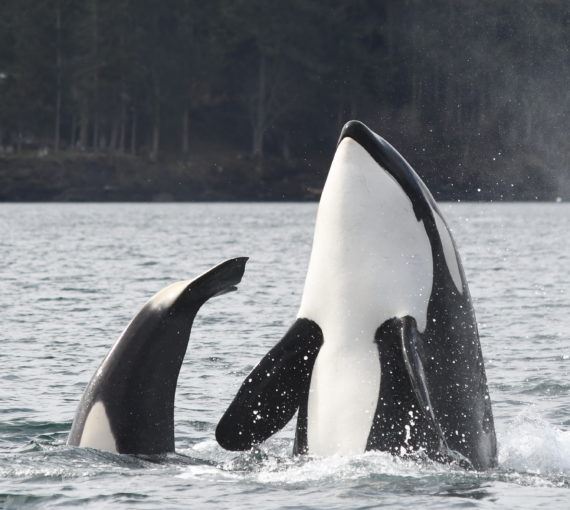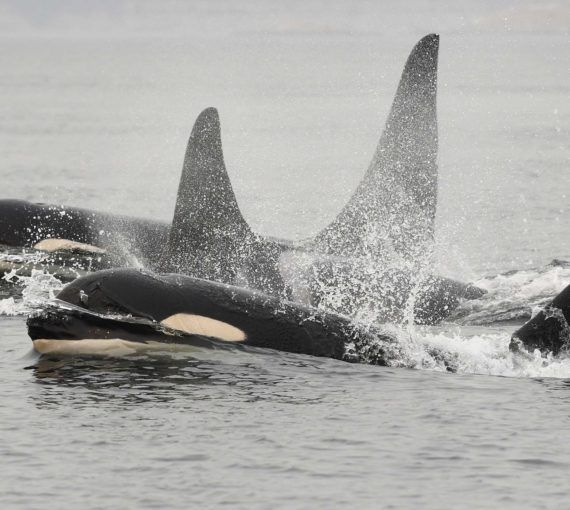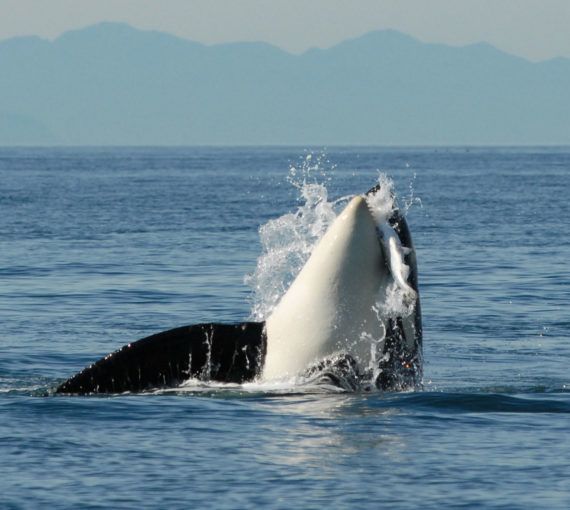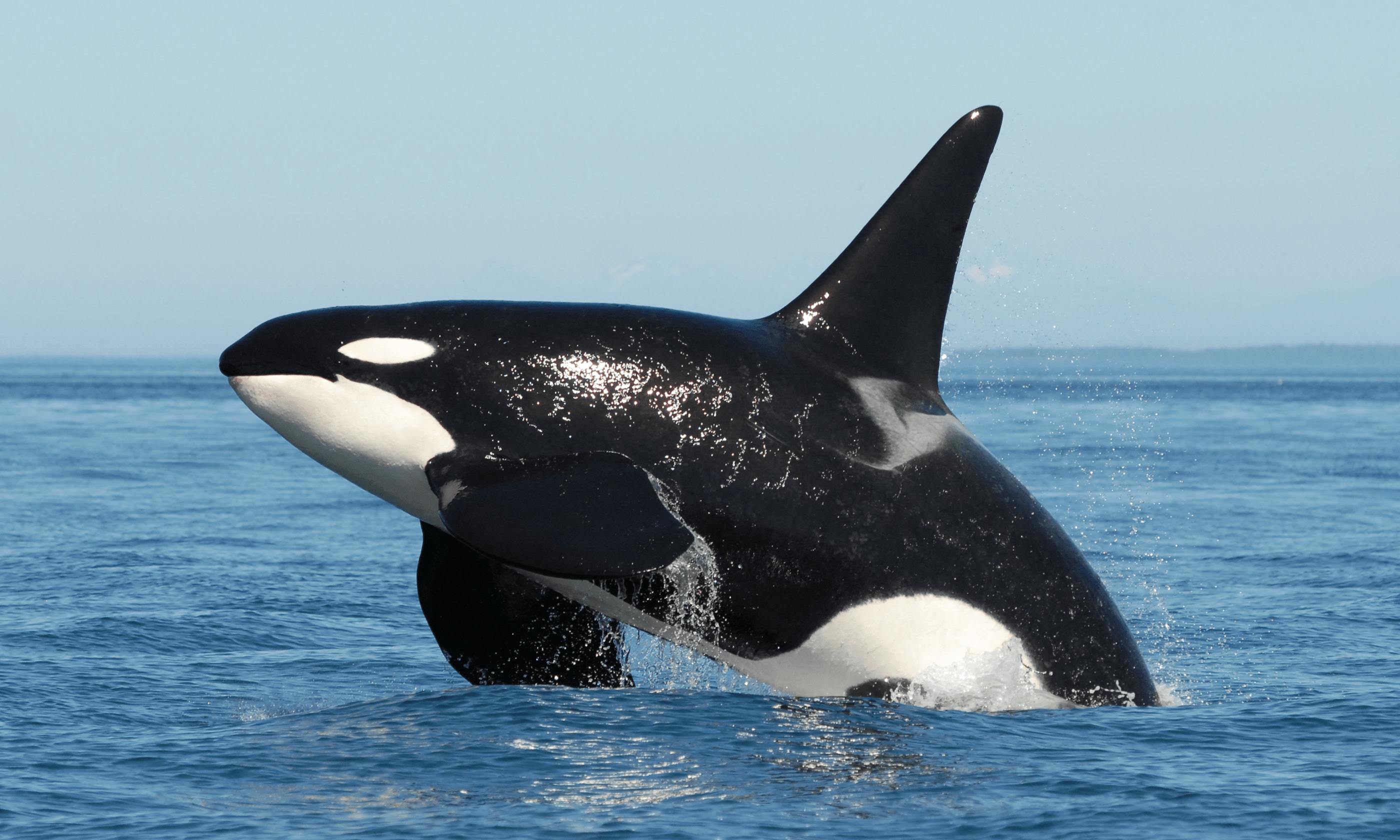
(Photo: Center for Whale Research )
How many Salish Sea orcas are there?
Salish Sea orcas, also referred to as southern resident killer whales, are one of Canada’s most endangered marine mammals. Only 75 remain.
This is their lowest population in more than three decades.
Where do these orcas live?
The resident orcas are found from spring to fall in the Salish Sea near Vancouver and around Washington State’s San Juan Islands and B.C.’s Gulf Islands. Older females, often grandmothers and great grandmothers, lead the pods, and offspring stay with them throughout their lives. Three distinct pods include JPod, KPod and LPod. Each orca can be identified by a unique dorsal fin and saddle patch.
Salish Sea orcas are socially and genetically isolated from other orcas found in Canadian Pacific waters, including transient and offshore orcas. Although northern and southern populations overlap in range, they do not interact or interbreed.
What size are they?
Orca babies are about two metres long and weigh more than 136 kilograms. Adults range from 1,360 to 5,443 kilograms and can live for more than 100 years.
They are extremely intelligent and have the second largest brain in the animal world, after sperm whales. Each pod has its own distinct dialect of calls, which can travel 16 kilometres underwater.
What do they eat?
Southern residents are known as “salmon whales” because of their intimate and unique connection with Chinook. More than 80 per cent of their diet is Chinook salmon — the population eats more than 1,400 Chinook a day. They share their catch with each other, indicating their social cohesion. Their fish-eating habits differentiate them from transient orcas, which eat marine mammals, and offshore orcas, which have a more general diet that includes sharks, fish and more.
How can I help protect the Salish Sea orcas?
Salish Sea orcas are apex predators, meaning they are at the top of a food chain and good indicators of the health of the ecosystem in which they live.
